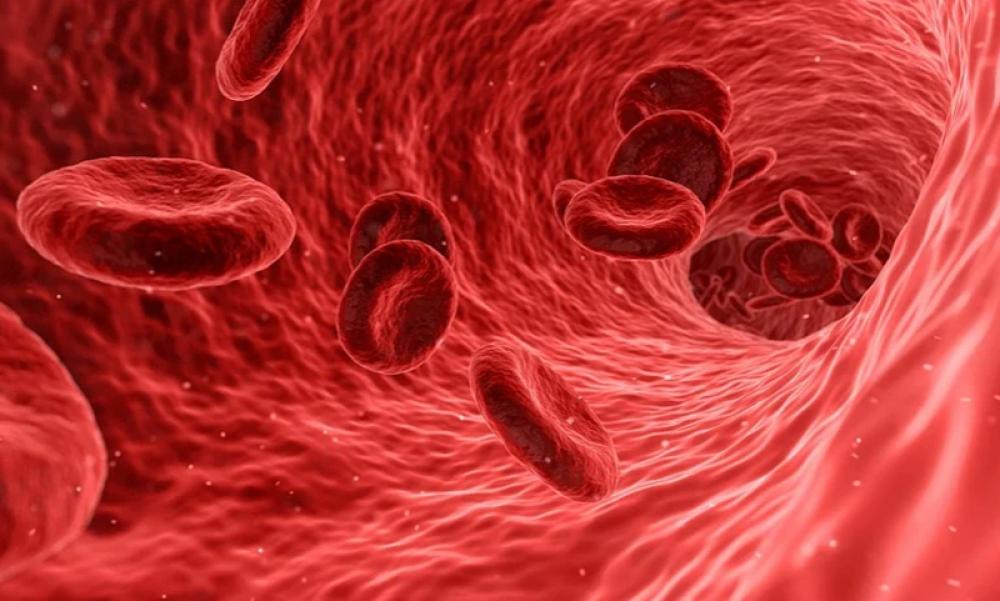Just Earth News | @justearthnews | 13 Jul 2020, 05:27 am Print

Pixabay
Moscow/Sputnik: Immunity to COVID-19 may be lost or significantly weakened in several months after recovery and there is a threat for people to become reinfected with the disease on a seasonal basis, the Guardian reported, citing a study by King's College London.
According to the media outlet, scientists have analyzed the immune response of more than 90 patients and healthcare workers and discovered that antibodies have the maximum capacity to destroy the virus three weeks after the onset of symptoms, but afterward, their effectiveness swiftly declines.
The study revealed that 60 percent of patients had a powerful antibody response to the virus during the peak of their battle against the disease and only 17 percent of them retained the same level of antibody response three months later.
Antibody levels fell by as many as 23 times over this period, while some patients lose antibodies completely.
"People are producing a reasonable antibody response to the virus, but it’s waning over a short period of time and depending on how high your peak is, that determines how long the antibodies are staying around," Dr. Katie Doores, an author of the study, said, as quoted by the media outlet.
According to the publication, the findings of the study are important for the development of a COVID-19 vaccine and reaching collective immunity. Scientists believe that vaccines may not protect people for a long period of time if antibodies are the main force to confront the virus.
The study also revealed that antibodies have been stronger and their effect has been longer in the most severe cases of COVID-19.
- New hybrid Mpox strain surfaces in UK and India — WHO sounds global alert
- Deadly weight: Obesity now responsible for 1 in 10 infection deaths worldwide
- Coffee and tea: This everyday drink may help protect your brain from dementia
- Happy Chocolate Day! The sweet secret behind chocolate’s hidden benefits
- Cambridge study finds menopause affects memory, mood, and sleep





-1763561110.jpg)
